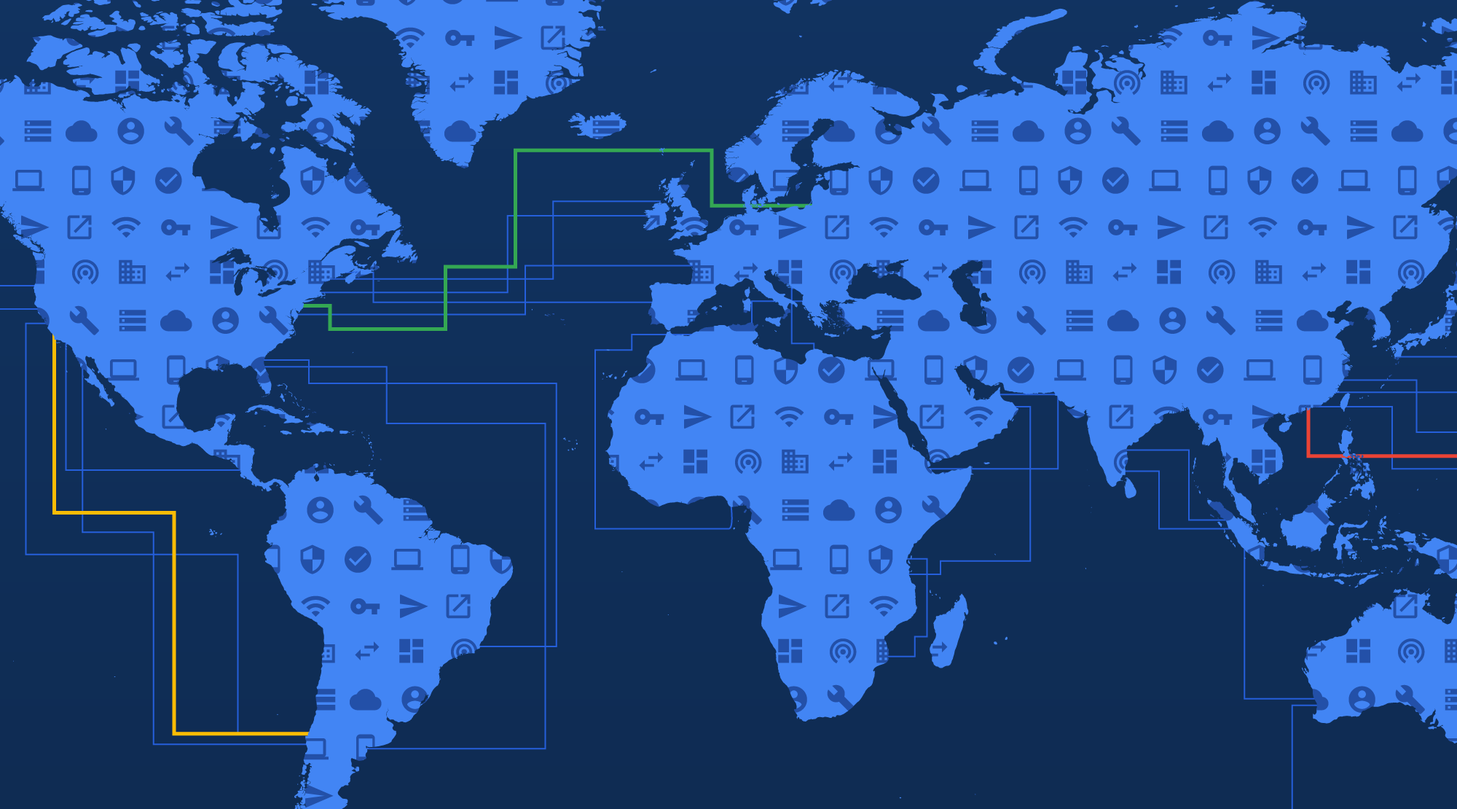Google on Monday released plans to develop a new transatlantic subsea cable system to connect Portugal, Bermuda, and South Carolina to expand the internet. Named after the Portuguese word for “cloud,” Nuvem aims to improve network resiliency across the Atlantic to meet growing demands for digital services.
Adding another cable path will provide an alternative international path for trans-Atlantic internet traffic by developing the Information and Communications Technology infrastructure in these three countries. Google says users will notice increased reliability, decreased latency, and additional global capacity for Google Cloud members.

This cable will help make internet access more affordable and accessible in these “hubs” selected, keeping up with the modernization of technology.
“Subseas cables serve as the backbone of global communication, linking continents and facilitating the exchange of data, information, and ideas worldwide,” said Randi Charno Levine, U.S. Ambassador to Portugal. “The addition of a new subsea cable enhances the resilience of our communications infrastructure while improving internet affordability. This is a crucial factor for economic development, education, and social inclusion.”
Bermuda has been striving to attract investment in subsea cable infrastructure by passing legislation to streamline approving permits to create new “cable corridors.” Nuvem will be the first cable set for construction in Bermuda and the first to connect the country with Europe.
“The BDA has long advocated that Bermuda’s centrality makes it an ideal landfall and interconnection point for submarine cables between the Americas, Europe, and Africa, and we are so excited these efforts have borne fruit,” said David Hart, CEO of Bermuda’s business development agency. “With around 95% of the world’s communications being carried on submarine cable networks, Bermuda’s role as an international data-transit switch will provide increased network resiliency and redundancy to countries on both sides of the Atlantic for decades to come.”
Portugal is also becoming a port of subsea cables due to its strategic southwest spot on mainland Europe. Adding Google’s Nuvem to its growing portfolio of subsea cable providers is a big step toward achieving its goal of building up the infrastructure of its digital economy. Portugal also worked with Equiano to complete a system connecting it to Togo, Nigeria, Namibia, South Africa, and St. Helena.
“Google investment incorporates our vision for Portugal in the telecom and data sectors: to establish our country as a thriving connectivity gateway for Europe, fostering robust connections with other continents,” said João Galamba, Portugal’s Minister of Infrastructure. “Our goal is to transform these information highways into catalysts that draw in supplementary investments in cutting-edge technology sectors, propelling the nation towards an effective digital transformation. This aspiration has been our firm focus in recent months, driving our efforts to attract this type of investment by improving our communication infrastructures and by defining a clear roadmap for the sector.”
Nuvem is solely funded by Google, and it is expected to be operational by 2026.

